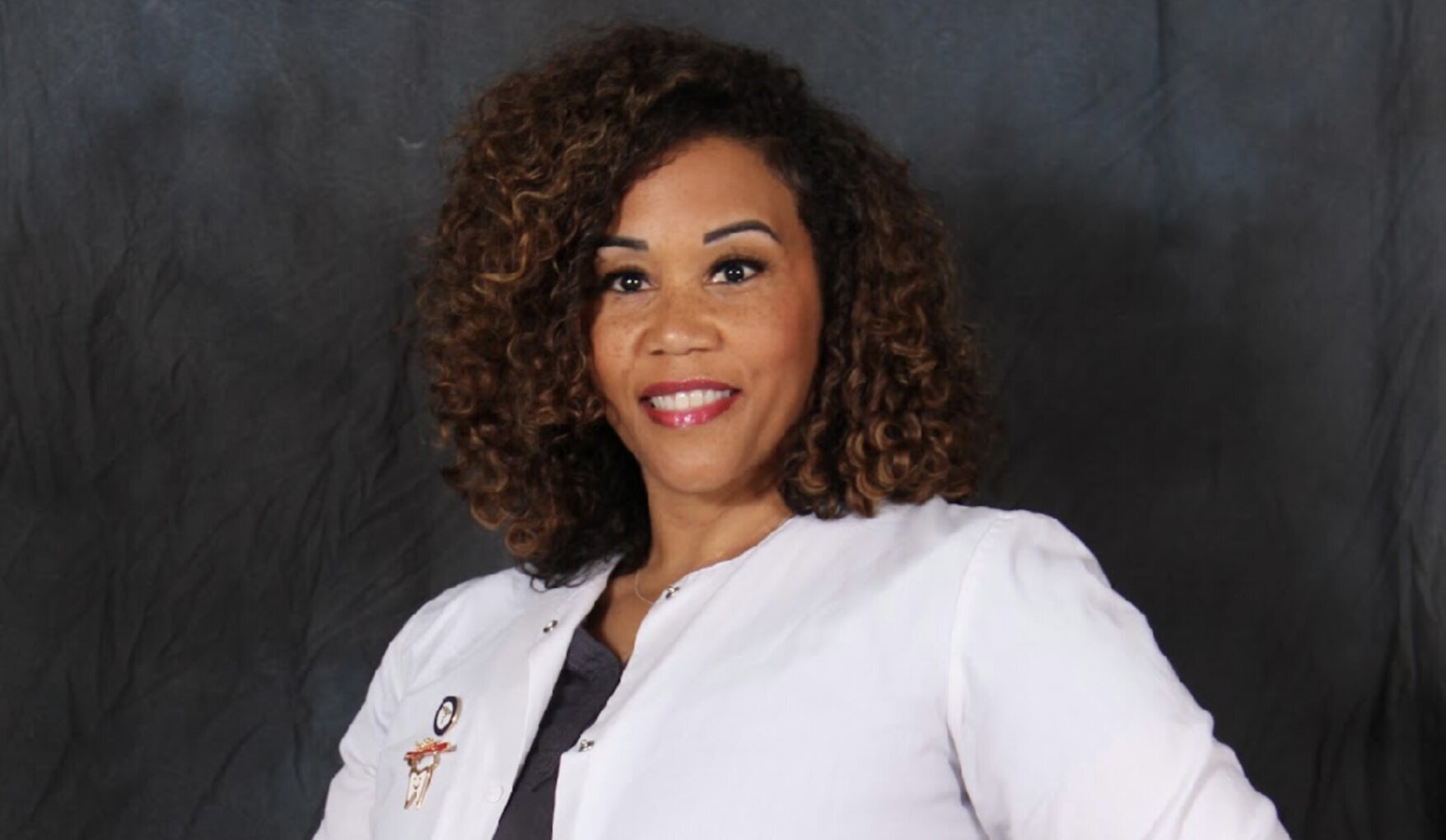Helpful Tips For Maintaining Seniors’ Dental Health

Guest Blogger: Lynn Weaver RDH, MPH, The Dental Diva
As we age, maintaining oral health becomes increasingly important. Seniors often face unique dental challenges, ranging from dry mouth to an increased risk of gum disease, and proactive care is essential for preserving oral health and overall well-being. In this blog post, we’ll explore critical dental needs for seniors, offer practical steps to prevent oral diseases and provide guidance on choosing the right dental care provider.
Essential Dental Care Needs for Seniors
1. Regular Check-ups:
Routine dental visits are critical for preventive care and early detection of issues like cavities, gum disease, and oral cancer. Seniors should schedule check-ups every six months to ensure their dental health is on track.
2. Oral Hygiene Education:
Proper brushing and flossing techniques are crucial, especially for seniors with limited mobility. Dental professionals can provide guidance on how to care for teeth and gums effectively, even with physical limitations.
3. Management of Dry Mouth:
Dry mouth, or xerostomia, is a common issue among seniors, often due to medication side effects. Dentists can recommend moisturizing mouthwashes, sugar-free gum, and other solutions to alleviate symptoms and reduce the risk of cavities.
4. Periodontal Care:
Gum disease can lead to tooth loss if left untreated. Seniors need periodontal care to prevent or manage this condition, which is more prevalent in older adults.
5. Restorative Procedures:
Cavities and damaged teeth are common in seniors. Restorative options like fillings, crowns, or bridges can help maintain the function and appearance of teeth.
6. Dentures and Partials:
For seniors with missing teeth, properly fitting dentures or partials are essential for chewing and speaking. Regular maintenance of these appliances ensures they remain comfortable and effective.
7. Oral Cancer Screenings:
Oral cancer risk increases with age, so regular screenings are crucial for early detection and treatment.
8. Nutrition Counseling:
A healthy diet supports oral health. Seniors should focus on nutrient-rich foods and avoid sugary snacks and drinks, which can contribute to cavities and gum disease.
9. Special Considerations for Chronic Conditions:
Chronic conditions like diabetes or heart disease can affect oral health. Seniors with these conditions should receive tailored dental care to manage their specific risks.
10. Emergency Care:
Having access to urgent dental services is important for unexpected issues like pain or injury. Seniors should ensure their dentist offers emergency care.
Preventive Steps for Optimal Oral Health
Seniors can take several proactive steps to prevent dental issues and maintain their oral health:
• Maintain Regular Dental Visits: Schedule check-ups every six months for cleanings and examinations.
• Practice Good Oral Hygiene: Brush twice a day with fluoride toothpaste and floss daily to remove plaque.
• Stay Hydrated: Drinking plenty of water helps combat dry mouth, which can lead to cavities and gum disease.
• Use a Moisturizing Mouthwash: Alcohol-free mouthwashes can help alleviate dry mouth symptoms.
• Eat a Balanced Diet: Focus on fruits, vegetables, whole grains, and lean proteins while limiting sugary foods and drinks.
• Avoid Tobacco Products: Smoking and tobacco use can contribute to gum disease and oral cancer.
• Limit Alcohol Consumption: Alcohol can contribute to dry mouth and other oral health issues.
• Use an Appropriate Toothbrush: Electric or soft-bristled toothbrushes can make brushing easier and more effective for seniors with limited mobility.
• Educate on Medications: Be aware of medications that may affect oral health and discuss alternatives with a healthcare provider.
• Seek Help for Mobility Issues: If mobility is a concern, adaptive tools like electric toothbrushes or floss holders can make oral care more manageable.
Common Signs and Symptoms of Dental Problems
It’s essential for seniors to be aware of common symptoms that may indicate oral or dental diseases. If any of these signs appear, prompt dental attention is recommended:
• Toothache
• Sensitivity to hot, cold, or sweet foods and drinks
• Swollen or bleeding gums
• Bad breath that doesn’t improve with brushing
• Loose teeth or shifting tooth positions
• Mouth sores that don’t heal within a week
• Changes in taste
• Dry mouth
• Tooth discoloration
• Jaw pain, especially when chewing
Finding the Right Dentist for Senior Care
When selecting a dentist, seniors should consider several important factors to ensure they receive the best care possible:
• Geriatric Dentist: Some dentists specialize in geriatric dentistry and have additional training in addressing the dental needs of older adults.
• Professional Organizations: Look for dentists who are members of organizations like the American Academy of Geriatric Dentistry (AAGD) or the Academy of General Dentistry (AGD), which indicate a commitment to ongoing education in senior care.
• Experience with Senior Patients: It’s important to choose a dentist who has experience managing the dental issues common in older adults, such as dry mouth, gum disease, or complex restorative procedures.
• Patient-Centered Care: Reviews from other senior patients can offer insights into the dentist’s approach. Look for a practice that is compassionate and attentive to the specific needs of older adults.
• Accessibility: Ensure that the dental office is easily accessible for seniors with mobility issues, including wheelchair access and convenient parking.
• Google Reviews: Check online reviews for feedback from other seniors or their families.
• Dental Insurance Acceptance: Confirm that the dentist accepts your insurance plan or inquire about payment plans and financing options.
• Emergency Care Availability: Ensure the dentist provides urgent care services for unexpected dental issues.
Wrap Up
Maintaining oral health is a crucial part of aging gracefully. Seniors can enjoy a healthier smile and better overall health by focusing on preventive care, addressing specific dental needs, and choosing the right dental professional. Don’t overlook the importance of regular dental visits and a proper oral hygiene routine—your smile is worth it!
Connect with The Dental Diva
Snapchat: https://snapchat.com/add/rbone79
TikTok: https://www.tiktok.com/@dentaldiva47?_t=8pMrk8eCf9v&_r=1
Instagram: https://www.instagram.com/dentaldiva.79
LinkedIn: https://linkedin.com/in/lynncweaver FB:
Facebook: https://www.facebook.com/profile.php?id=61557923288757&mibextid=LQQJ4d
YouTube: http://www.youtube.com/@DentalDiva-OH




